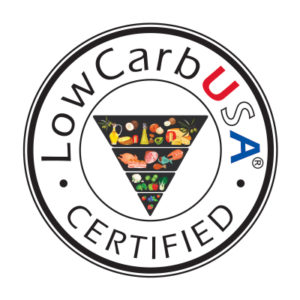The scope of education for both registered dietitians and medical professionals does not emphasize specific protocol for body composition change, enhancing performance or improving recovery from exercise. The NASN is a recognized organization, worldwide regulating the use of specific nutrition, exercise, and nutritive supplementation to accomplish these goals. Our credentials are designed to provide existing health and fitness professionals with the tools and methods they need to effectively develop complete, individual sports nutrition programs for their patients and clientele.
Note to United States candidates: Twenty-seven of the forty-one States with laws governing dietetics require licensure, thirteen require certification, and one requires registration. Since practice requirements vary by State, interested clients should determine the requirements of the State in which they want to work before paying for sports nutrition consultation. Dieticians are not licensed sports nutritionists unless they have been licensed by the National Association of Sports Nutrition. Licensed sports nutritionists are not dieticians unless they have been registered by the Commission on Dietetic Registration of the American Dietetic Association (ADA). Both credentials are ideal for private practice.
The NASN Is Widely Recognized and Respected
By Searching on line, you will find that the American Clinical Board of Nutrition as well as
several Colleges, Universities, and well known experts who recommend getting licensed or certified through the NASN.
We are Recognized by:
http://www.acbn.org/NutritionOrg.html
The American Clinical Board of Nutrition
The ACBN is the certification agency in nutrition accredited by the
National Commission for Certifying Agencies
Low Carb USA
 We are recognized among the leading metabolic practitioners around the world. See https://www.lowcarbusa.org/low-carb-providers/certification-training/
We are recognized among the leading metabolic practitioners around the world. See https://www.lowcarbusa.org/low-carb-providers/certification-training/
Society of Metabolic Health Practitioners
The NASN is currently recognized by the Society of Metabolic Health Practitioners as a certification credential for both medical and non-medically based practitioners.
RESOURCES FOR SCHOOL HEALTH DATA
We are Listed amongst the sources of data in the eight component areas of CSHP COMPREHENSIVE SCHOOL HEALTH EDUCATION Data sources: US Food and Drug Administration, School Health Annual Report; Centers for Disease Control and Prevention; Universities; etc.
Continuing Education References
http://www.humankinetics.com/certifying-organizations/certifying-organizations/nasn
Estimate of CEC credit values
Although our new courses have not officially been assigned credit hours, similar courses have been awarded the following units:
RD, DTR……………..10 CPEU
CDM…………10 Clock Hours
ACE……………………..1.0 CEC
NATABOC…………….10 CEU
ABMP……………………10 CEU
NSCA-CC…………….0.8 CEU
ACSM……………………10 CEU
CFCS……………………..10 PDU
ASFSA…………………..10 CEU
CHES………………….10 CECH
